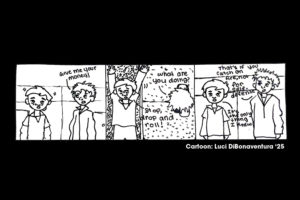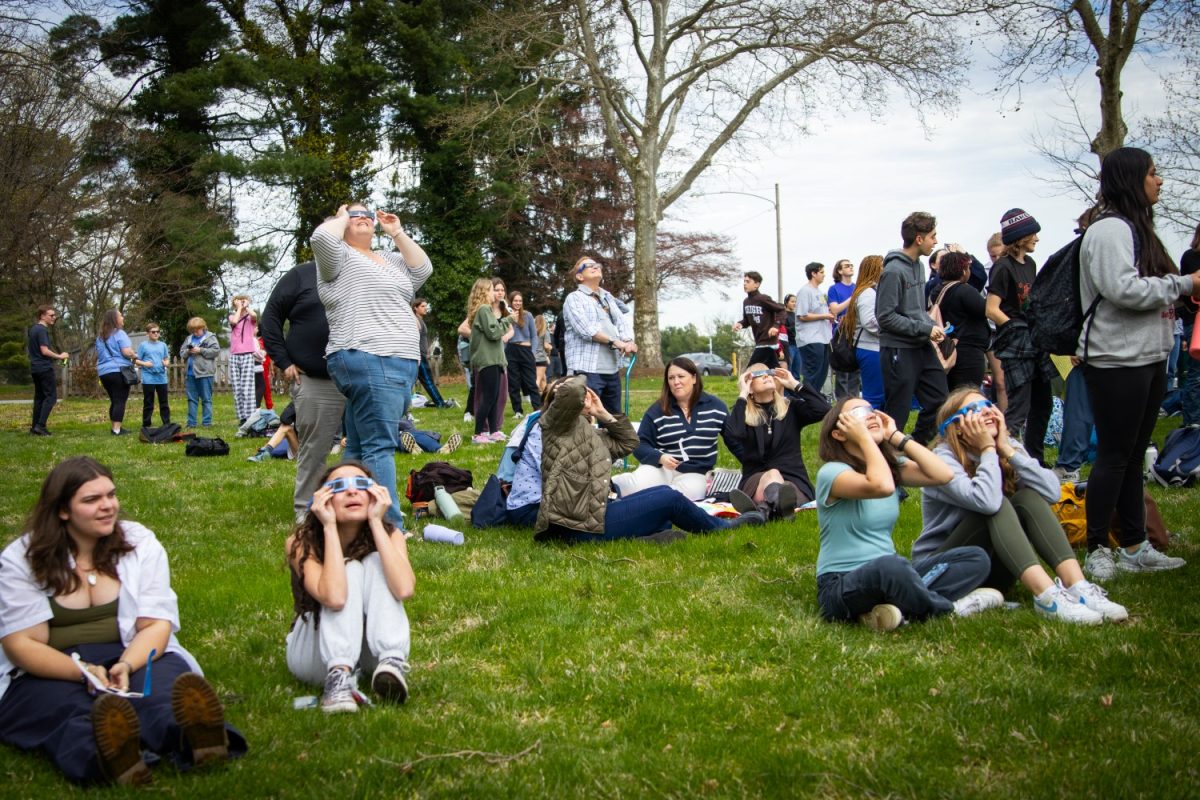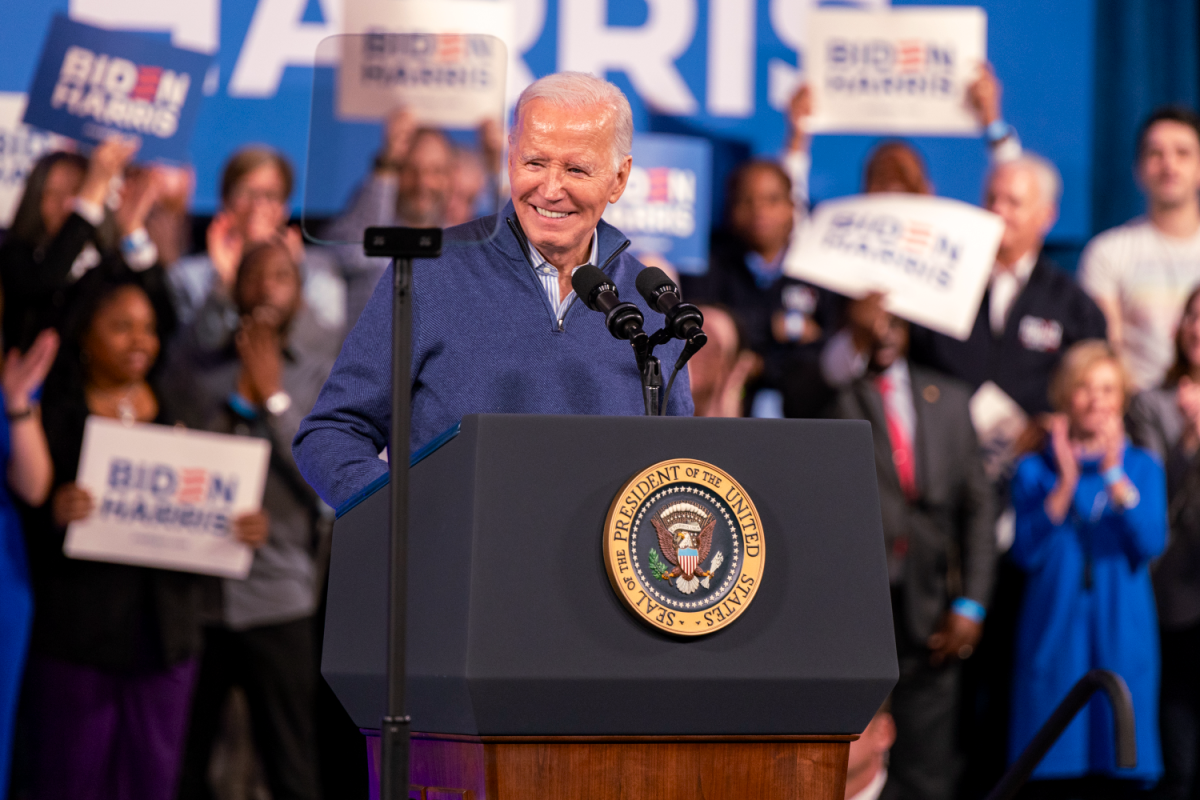
Dr. Brown’s first year as principal of Strath Haven High School did not begin as he expected — he was selected for federal jury duty that was estimated to last six weeks. I was curious to know more about it, and Dr. Brown kindly agreed to an interview. The following is a synopsis of that interview.
Dr. Brown began by discussing the difficulty of being away from school for five weeks and only being able to come to school one day per week. While he has been called for jury duty many times in the past, this was the first time he was selected as a juror. He compared the process of being called in to that of the Hunger Games, as there were 150 people in the pool, many who likely hoped to avoid selection. All 150 people had to fill out questionnaires, a process which consumed an entire day. As luck would have it, Dr. Brown was selected to be on the jury along with eleven other people and four alternate jurors. Two of these alternates had to replace other jurors before the trial even began. During the course of the trial, jurors were not allowed to talk about the case amongst themselves or with friends and family. The jury was also forbidden to speak to either side’s counsel (lawyer) in the case. Dr. Brown served as the foreperson during the course of the trial which meant that when the jury had a question, he was responsible for recording said question for the judge to see.
The trial was on a drug trafficking conspiracy case with an investigation spanning over a decade, from 2005-2016. There were two defendants who were accused of being in a drug ring from Phoenix, Arizona, to Philadelphia, Pennsylvania. They were also accused of money laundering which accounted for the conspiracy charges. Roughly forty indictments were brought surrounding the investigation based on criminal informants and drug busts over a two year period.
Dr. Brown said that the Federal Government prosecutors showed a pattern of involvement, which is all that is required to show conspiracy, while the defense argued that they withdrew from the conspiracy preceding the five-year statute of limitations on the charges (which were made in August of 2017). Essentially, the defendants admitted to some guilt to prove their legal innocence. Dr. Brown told me that this complicated the instructions he received as a juror to keep an open mind throughout the trial.
During the trial, several FBI agents testified: the investigation began in 2006 with an arrest and seizure of 2,500 pounds of marijuana, valued at approximately $11.6 million. After the initial arrests, periodic arrests followed over the next ten years, largely with the help of criminal informants who connected the dots. The two defendants also took the stand.
Dr. Brown found that while there was a significant amount of solid evidence of criminal activity, such as seizure of drugs, some of the evidence intended to prove conspiracy was more circumstantial. For example, it was difficult to definitively prove conspiracy when one phone number contacted another; however, with the surrounding criminal activity, it seemed conspiratorial.
The jury deliberations took five days during which time the jurors had to turn in their electronic devices for the day, though they, themselves, were not sequestered. Deliberations went from 9:00 AM to 4:30 PM with meals served throughout the day. In the end, the jury found one defendant guilty; a mistrial was declared for the other defendant after the judge conducted a poll of the jury when they could not reach a verdict. The Federal Government can now choose to bring charges against said defendant, but in the meantime he is free. Both defendants remained free during the trial. The jury did not stay for sentencing, but Dr. Brown said the convicted defendant would most likely see substantial prison time. Capital punishment was not considered in this case.
Dr. Brown reflected on his experience, calling it interesting and valuable, yet he found it inopportune in its timing. He had high praise for the justice system and its valuable place in our country. Thank you for your service, Dr. Brown.















